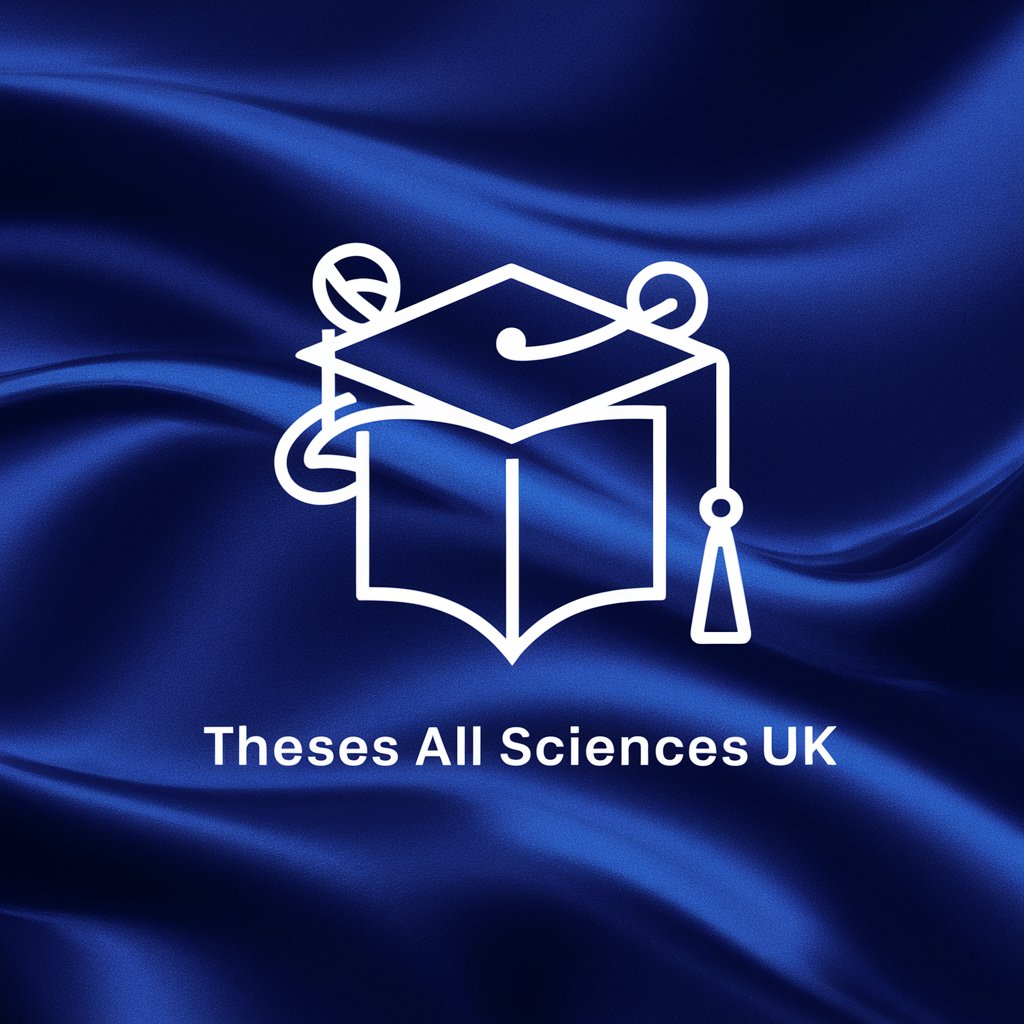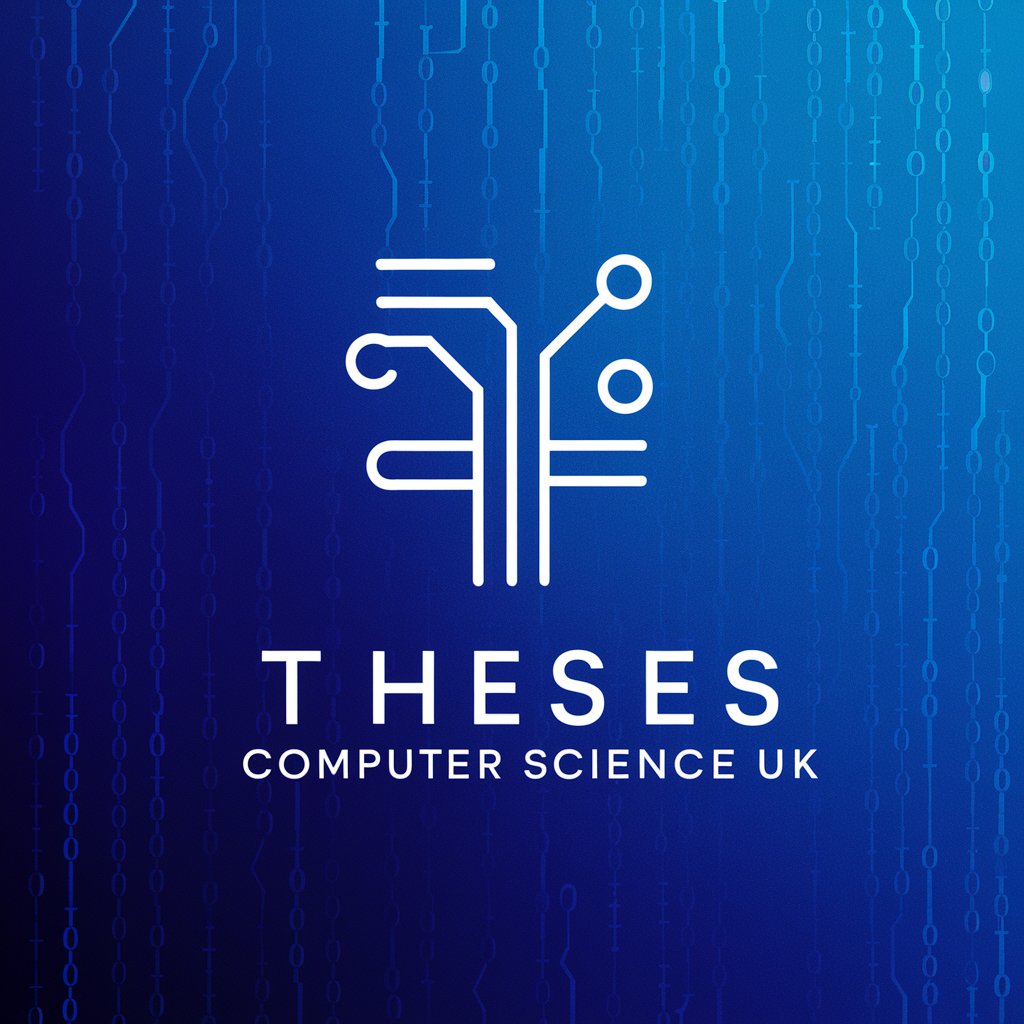
Theses Librarianship & Information Science UK - UK Theses Discovery & Analysis

Welcome to Theses Librarianship & Information Science UK.
Unlock Librarianship Insights with AI
Search for theses related to digital libraries published in the last five years.
Generate a chart showing the number of theses per institution for 2020.
List the top funding bodies for research in information science from 2010 to 2020.
Provide an overview of theses authored by John Doe, including their abstracts.
Get Embed Code
Introduction to Theses Librarianship & Information Science UK
Theses Librarianship & Information Science UK is a specialized digital platform designed to aggregate, analyze, and provide access to the wealth of postgraduate theses in the field of Librarianship & Information Science from institutions across the UK. It serves as a valuable resource for researchers, students, and professionals seeking in-depth knowledge and insights into the latest academic research, trends, and developments within this field. The platform utilizes data from the 'EThOS - UK Theses Online Service' provided by the British Library, ensuring access to a comprehensive and authoritative collection of theses under the Creative Commons Attribution license. Examples of its use include semantic searches for theses by theme or keyword, generating visual data representations like charts or spreadsheets, and providing detailed listings of research works, facilitating a deeper understanding and engagement with current academic discourse in Librarianship & Information Science. Powered by ChatGPT-4o。

Main Functions of Theses Librarianship & Information Science UK
Semantic Searches
Example
A user searching for theses related to 'digital preservation' will receive a curated list of relevant theses, including titles and abstracts, that focus on or significantly mention digital preservation within the field.
Scenario
A doctoral student is preparing a literature review for their dissertation on digital preservation strategies in academic libraries. By using the platform's semantic search, they can quickly identify and access the most relevant theses on the subject.
Data Visualization
Example
Creation of a line chart showing the trend of theses submissions on 'information retrieval' over the last decade.
Scenario
An academic researcher is analyzing trends in information retrieval research to identify gaps in the literature. They use the platform to generate a chart displaying the number of theses submitted per year, helping to visualize peaks or declines in interest over time.
Exportable Data in Spreadsheet Format
Example
Generating a spreadsheet that lists theses on 'user experience in libraries', including detailed metadata such as author, year, institution, and abstract.
Scenario
A librarian involved in designing a new user interface for their library's catalog wishes to review existing research on user experience. The platform enables them to export a comprehensive list of theses, facilitating an extensive review and application of findings to their project.
Ideal Users of Theses Librarianship & Information Science UK Services
Academic Researchers
Individuals conducting scholarly research within the field of Librarianship & Information Science. They benefit from access to a vast repository of academic theses for literature reviews, trend analysis, and identifying research gaps.
Postgraduate Students
Masters and doctoral students seeking resources for their dissertations or theses. The platform provides them with relevant academic works, aiding in the development of their research proposal and understanding of the subject area.
Professional Librarians and Information Scientists
Practitioners looking to apply the latest research findings to improve library services, information management practices, or digital library projects. The platform offers them a direct link to cutting-edge research and practical insights.

How to Use Theses Librarianship & Information Science UK
Start Your Journey
Begin by visiting yeschat.ai to explore Theses Librarianship & Information Science UK with a free trial, no login or ChatGPT Plus subscription required.
Explore the Database
Utilize the search functionality to explore the extensive database of UK theses in Librarianship & Information Science, using keywords or phrases related to your interest.
Semantic Search
Leverage semantic search capabilities to find theses by title or abstract content, ensuring more relevant and precise search results.
Analyze and Export Data
Generate charts, listings, or spreadsheets based on your search results to analyze trends or for academic purposes. You can export data for further analysis.
Optimize Your Search
For optimal results, refine your searches by subject discipline, institution, or year of publication. Utilize filters to narrow down results effectively.
Try other advanced and practical GPTs
Theses Social, Economic & Political Studies UK
Unlocking Insights in Social Sciences
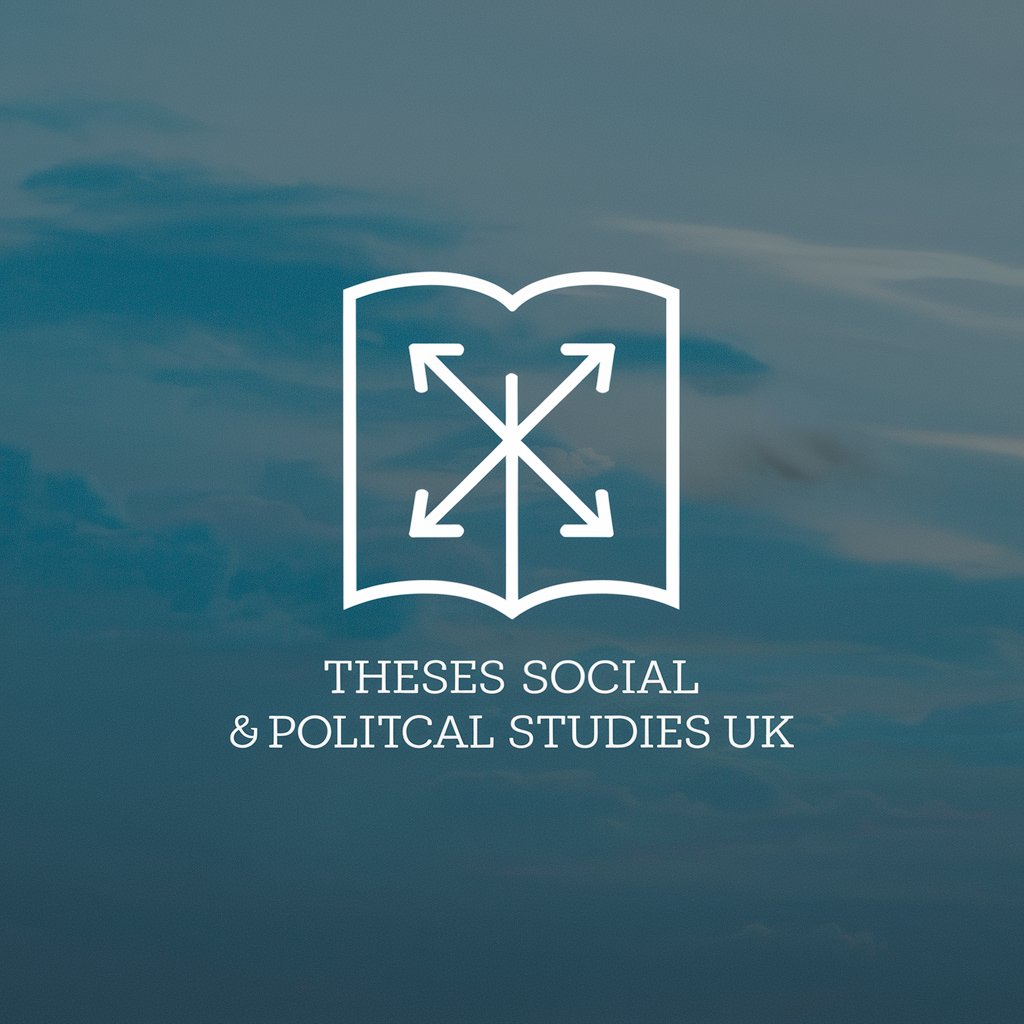
Dream Weaver
Unlock the secrets of your dreams with AI
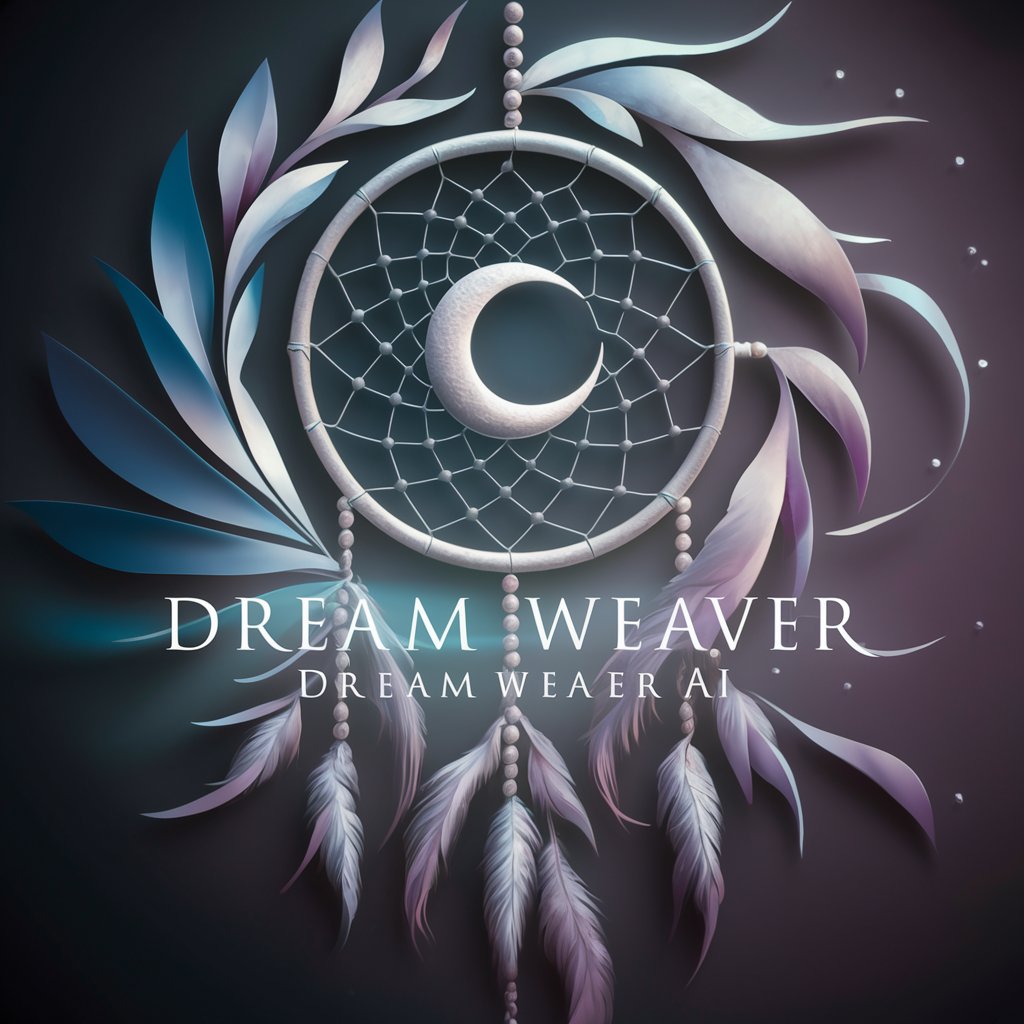
Gaia Guardian
Empowering Conservation with AI

Bitwig 5.0 User Guide
Empowering Your Music Creation Journey with AI
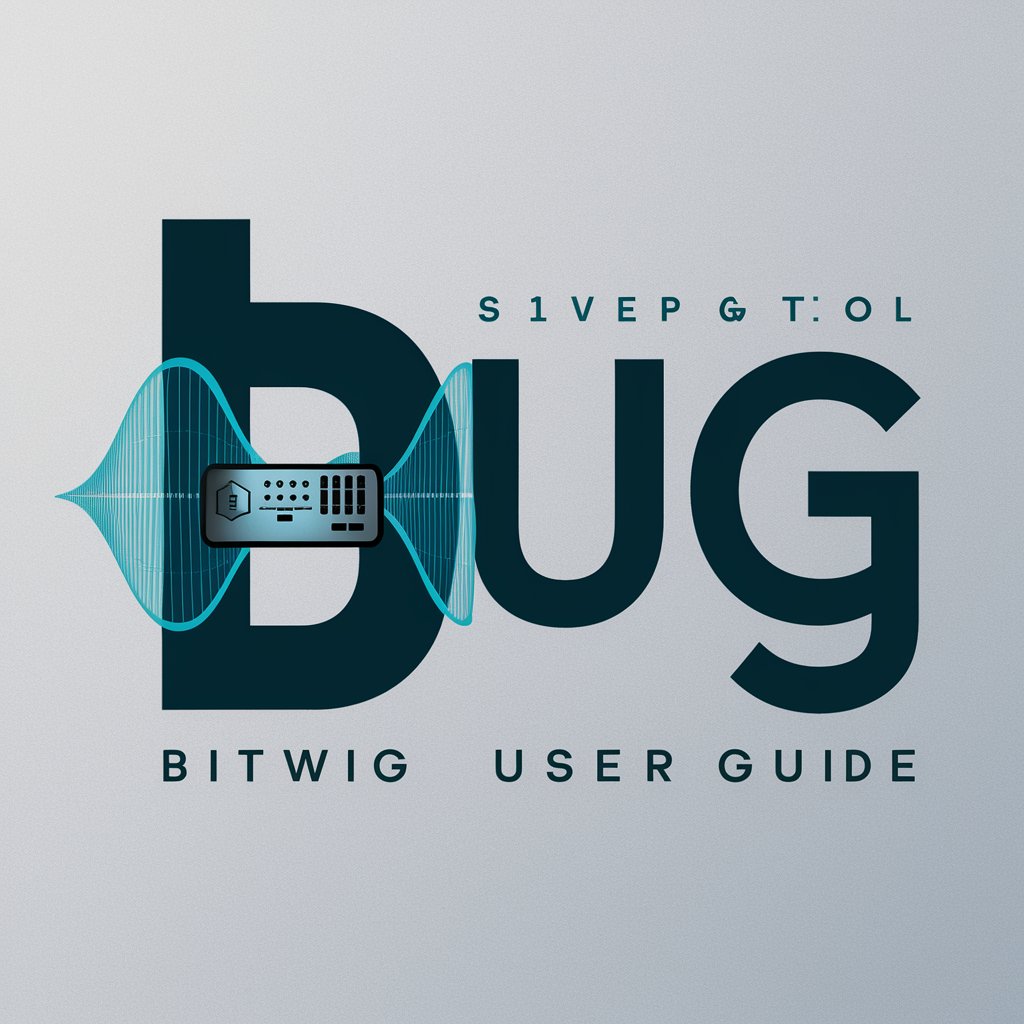
Clean Water Solutions
Empowering Sustainable Water Use with AI

Health Sentinel
AI-Powered Health Crisis Prediction
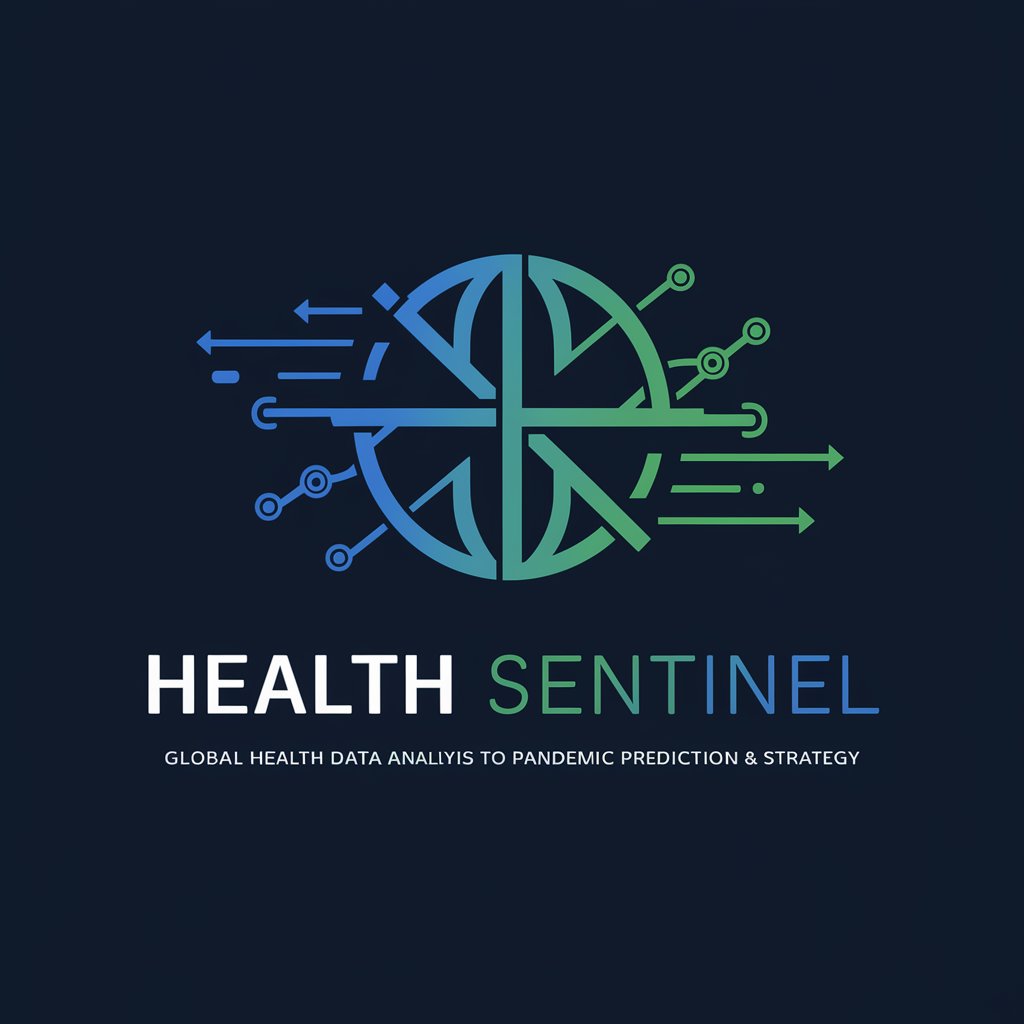
Renewable Grid Engineer
Empowering the renewable energy revolution with AI.

Blurg the Caveman
Learn Easy, Laugh More
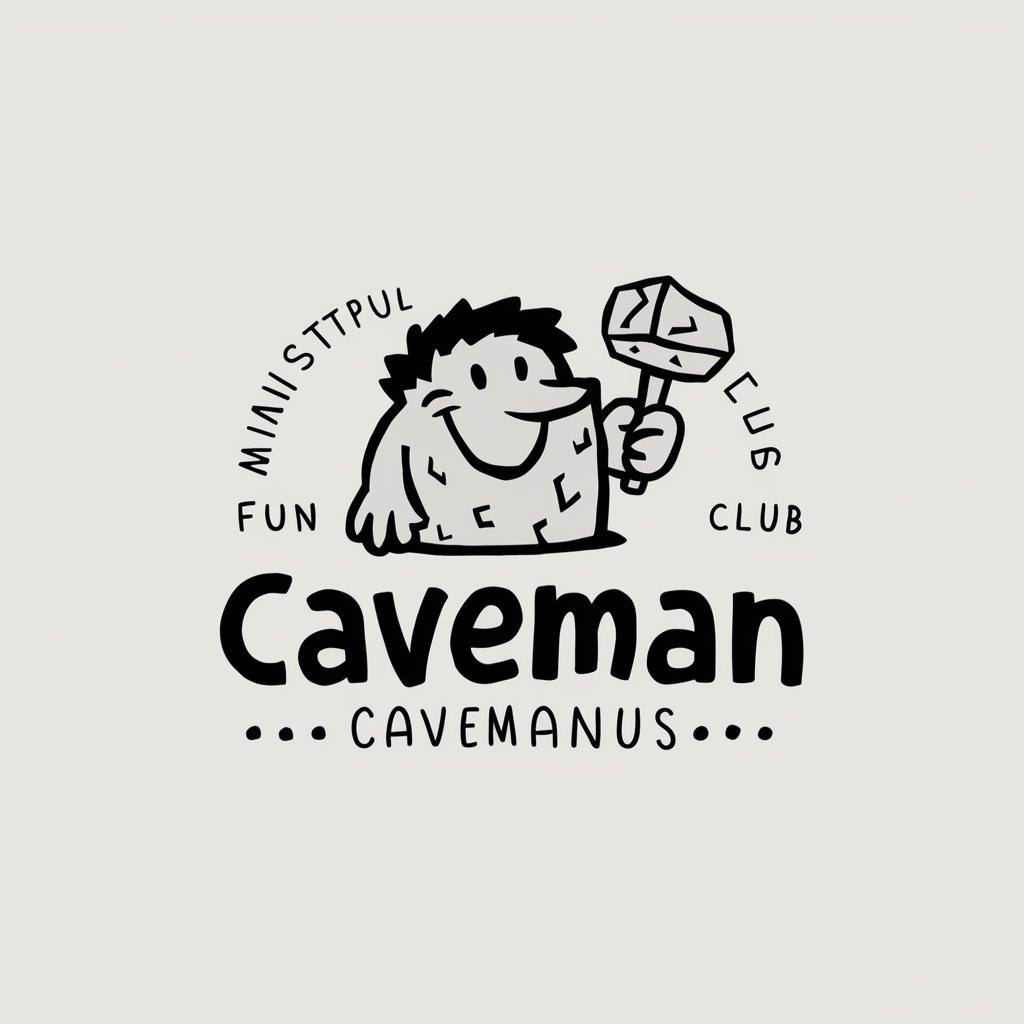
Theses without Subject Discipline info UK
Unveil Hidden Academic Insights with AI
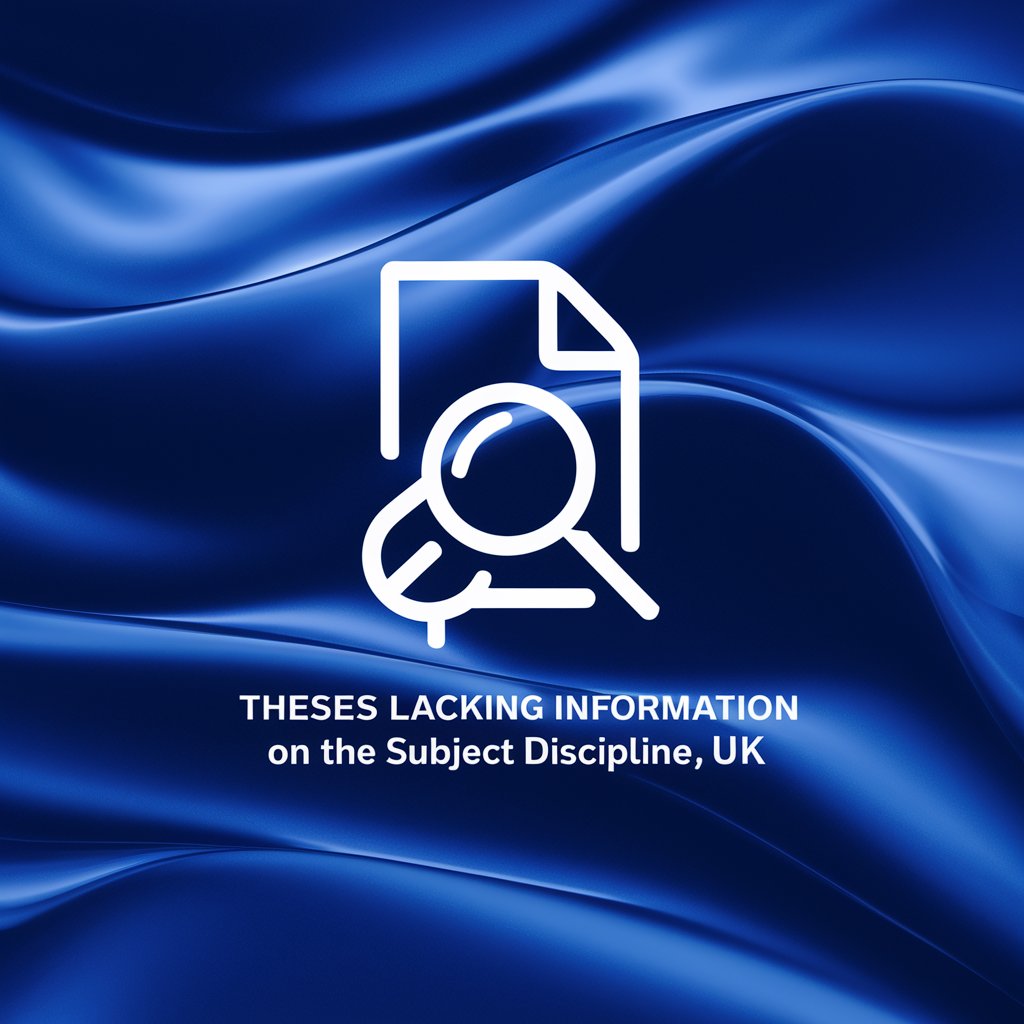
Style & Scene Companion
Empowering creativity with AI-driven style and scene insights.

CinéMuse Companion
Your AI-powered cinema guide.
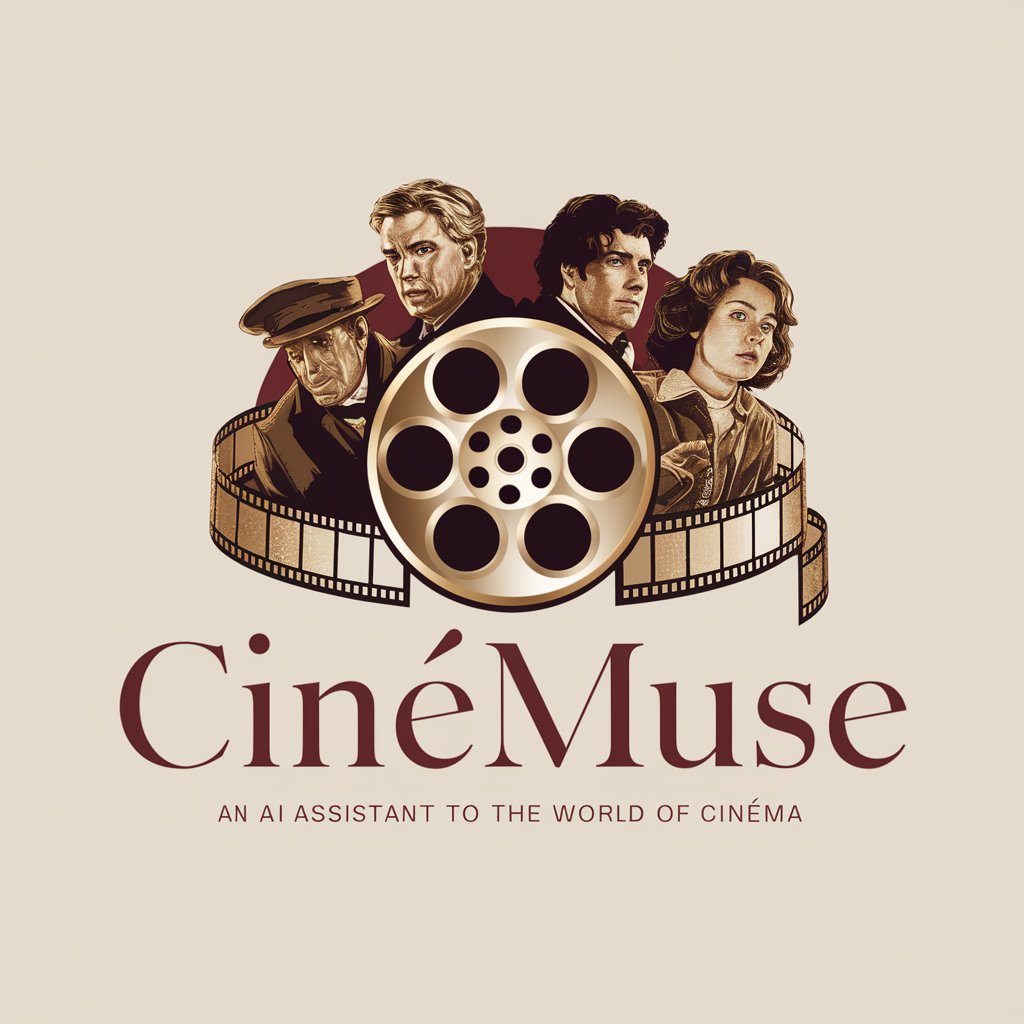
Generative AI Executive Advisor
Empowering Business Decisions with AI
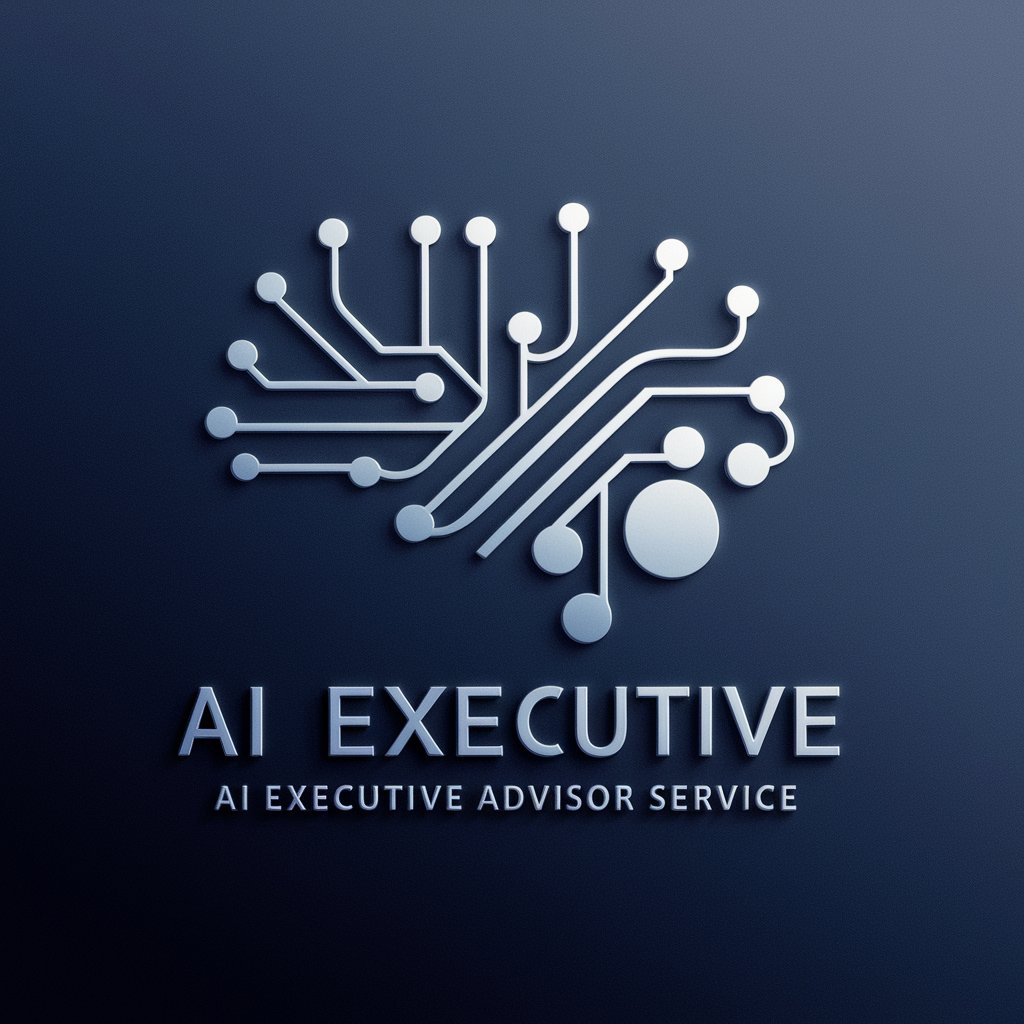
FAQs About Theses Librarianship & Information Science UK
What is Theses Librarianship & Information Science UK?
It's a specialized tool designed to explore UK theses in the field of Librarianship & Information Science, offering users access to a rich database for research, analysis, and academic writing.
How does semantic search improve my research?
Semantic search processes the meaning behind your search terms, allowing for more accurate and relevant search results by focusing on the content within titles and abstracts of theses.
Can I export data for my own analysis?
Yes, you can generate and export data in various formats like charts, listings, or spreadsheets, enabling detailed analysis and integration into your own research projects.
Is there a way to track trends in Librarianship & Information Science?
Absolutely. By generating charts based on the number of theses per year, subject discipline, or institutions, you can identify trends and patterns in the field over time.
How can I ensure the best search results?
Use specific keywords, apply filters by year, discipline, or institution, and take advantage of the semantic search capabilities to refine and target your research queries effectively.

